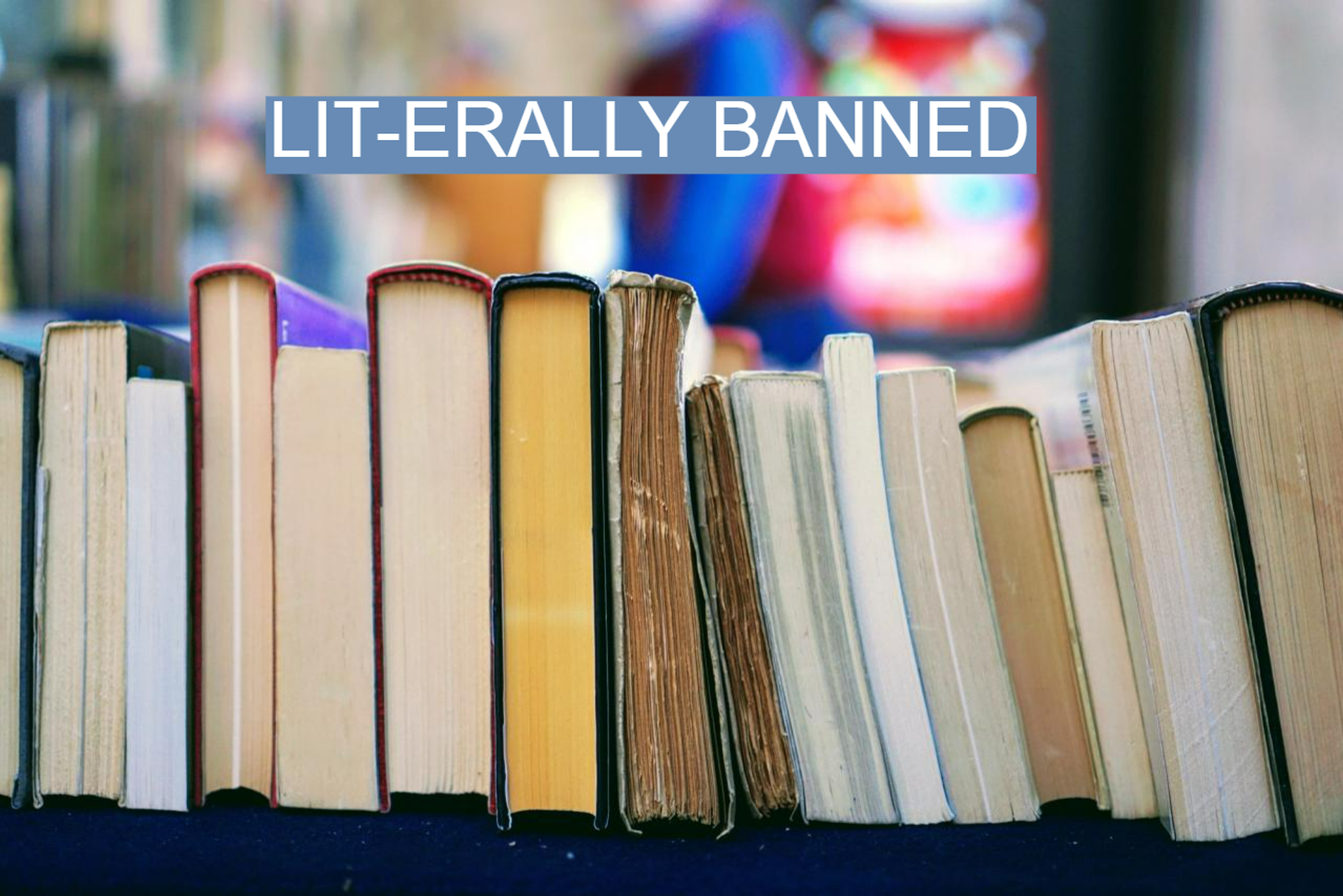The News
History is being taken down from Hong Kong bookshelves.
A new investigation by the Chinese-language newspaper Ming Pao found that 40% of political books have been removed from Hong Kong’s libraries in the last two years, with worries that dozens more will follow.
The report comes nearly three years after Beijing imposed the controversial National Security Law on the city — legislation that curtailed free speech rights in Hong Kong, which previously enjoyed freedoms not seen in mainland China under the rules negotiated on its return to Beijing from British rule.
According to the investigation, library users will have difficulty finding books that explore the city’s foundational pro-democracy moments, like the 2014 Occupy Central movement or the 2019 extradition law protests. The limited texts that are available have obvious pro-Beijing angles, criticizing protesters and the organizers of the demonstrations.
The move mirrors that of other governments trying to dictate conversations through the banning of certain literature. Here’s a look at where and why politicians are imposing book bans.
The View From India
New history textbooks rolled out across India last month purged references to Muslim history as well as those documenting violence against the country’s Muslim population.
Changes include deleting references to how Mohandas Gandhi was killed by a Hindu extremist disillusioned by the Indian independence leader’s goal of securing Hindu-Muslim unity, and removing passages about the 2002 Gujarat riots that killed hundreds of Muslims.
The curriculum falls in line with Prime Minister Narendra Modi’s “Hindu-first” politics that experts say has caused a rise in Islamophobia and anti-Muslim violence in recent years.
The View From Ukraine
Months into Russia’s invasion of Ukraine, Kyiv outlined its intention to start limiting the distribution of certain Russian media, including books, TV shows, and music.
The government announced in February that it had removed 19 million books from libraries across the country, all of which were either written in Russian or during the Soviet-era.
The move is one component of President Volodymyr Zelenskyy’s ”de-Russification″ campaign: a cultural counter-offensive that aims to distance the country from its Russian past.
The View From the United States
As the culture wars between Democrats and Republicans intensify in the United States, some of the most impacted spaces have been libraries.
Republican-run states across the country have issued orders to remove dozens of titles from shelves, including books that discuss themes like race, gender, and sexual orientation.
The campaign is particularly noticeable in Florida, where Republican Gov. Ron DeSantis has ordered books like Toni Morrison’s Beloved and Margaret Atwood’s The Handmaid’s Tale to be banned from classrooms. Pundits believe DeSantis will highlight these accomplishments as part of his platform for his widely-expected presidential bid.
Notable
- Hong Kong will struggle to revitalize itself as its once-dynamic hub for business and culture, writes journalist Pak Yiu for Nikkei Asia. Despite the government promising a “new normal” following the COVID-19 pandemic, investors are worried about the city’s withering political freedoms.
- Gender Queer: A Memoir by Maia Kobabe was the most banned book in U.S. schools between 2021 and 2022, a CBS investigation found. The network compiled a list of the 50 most banned books across the country.
